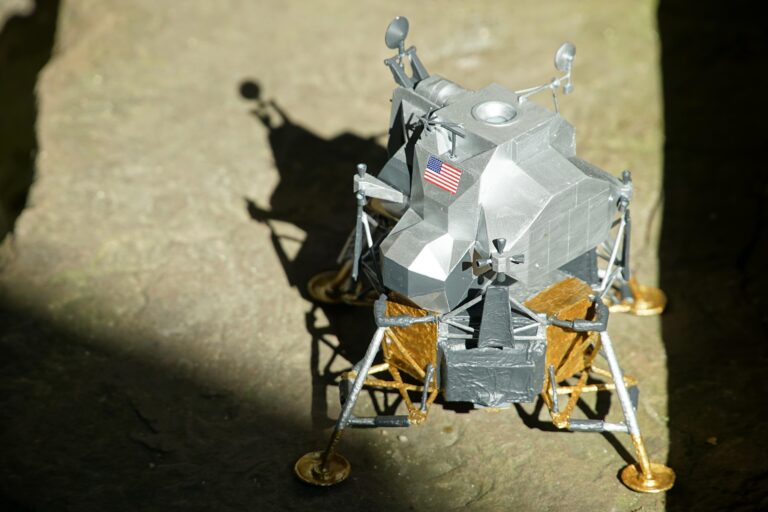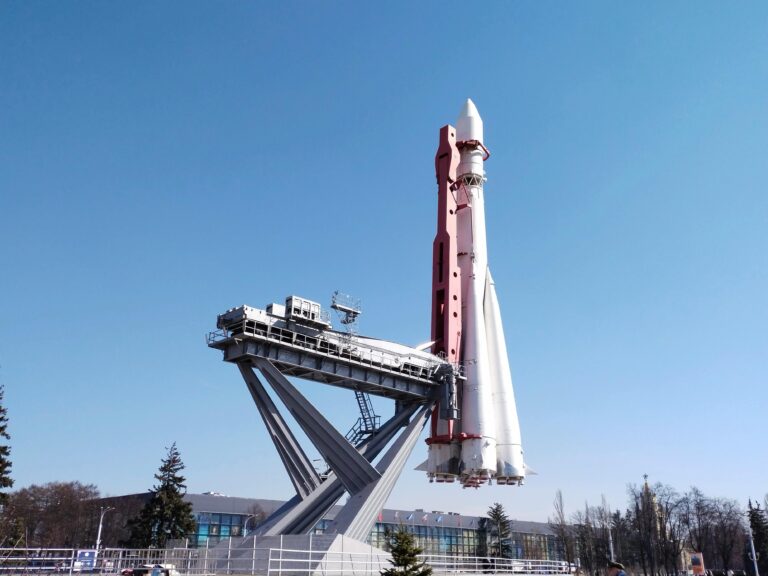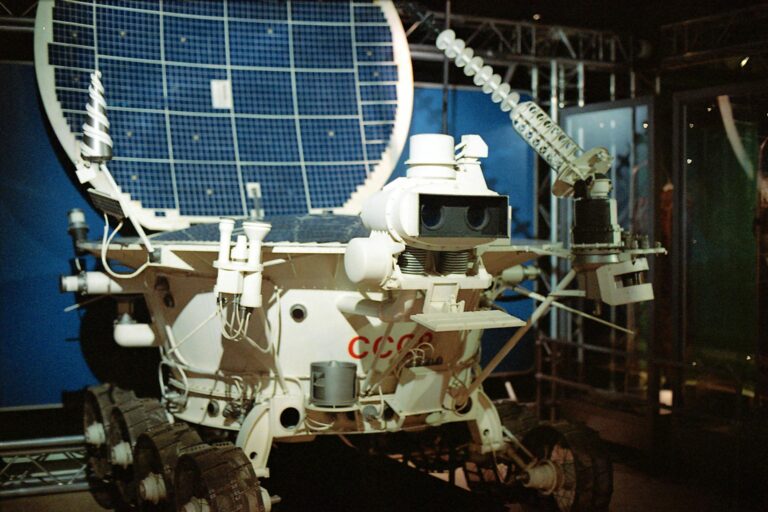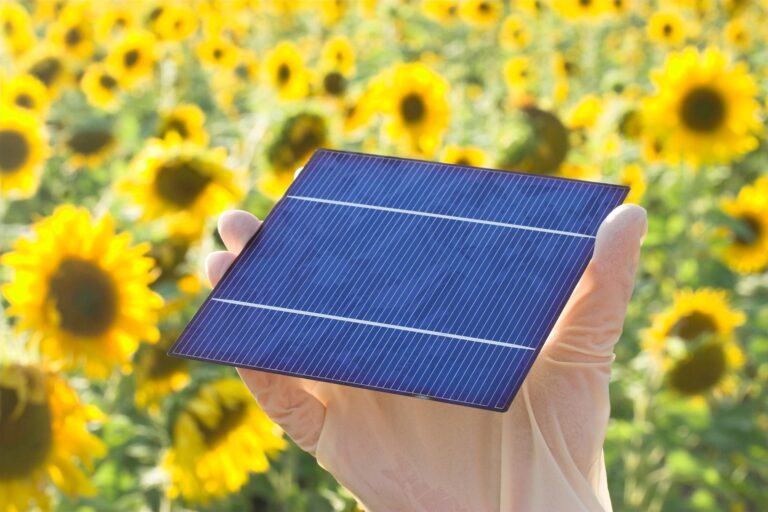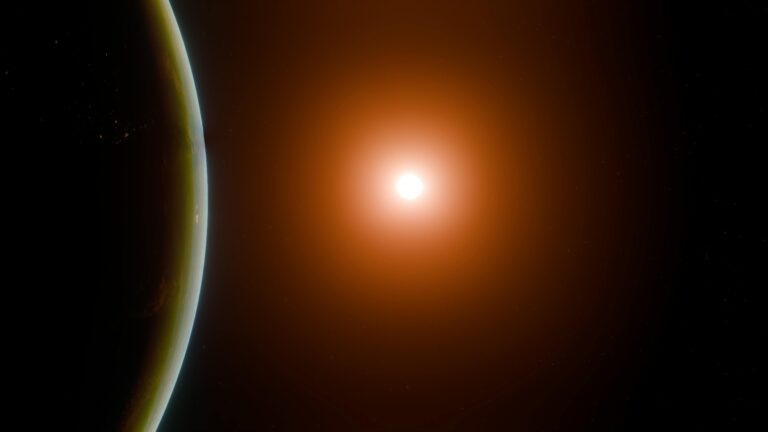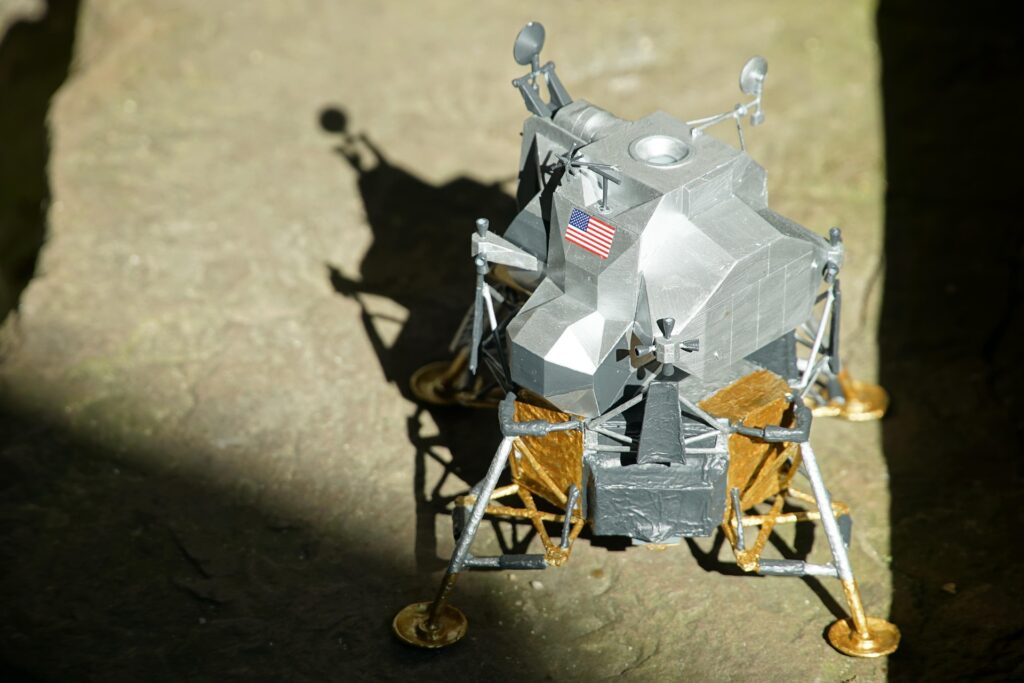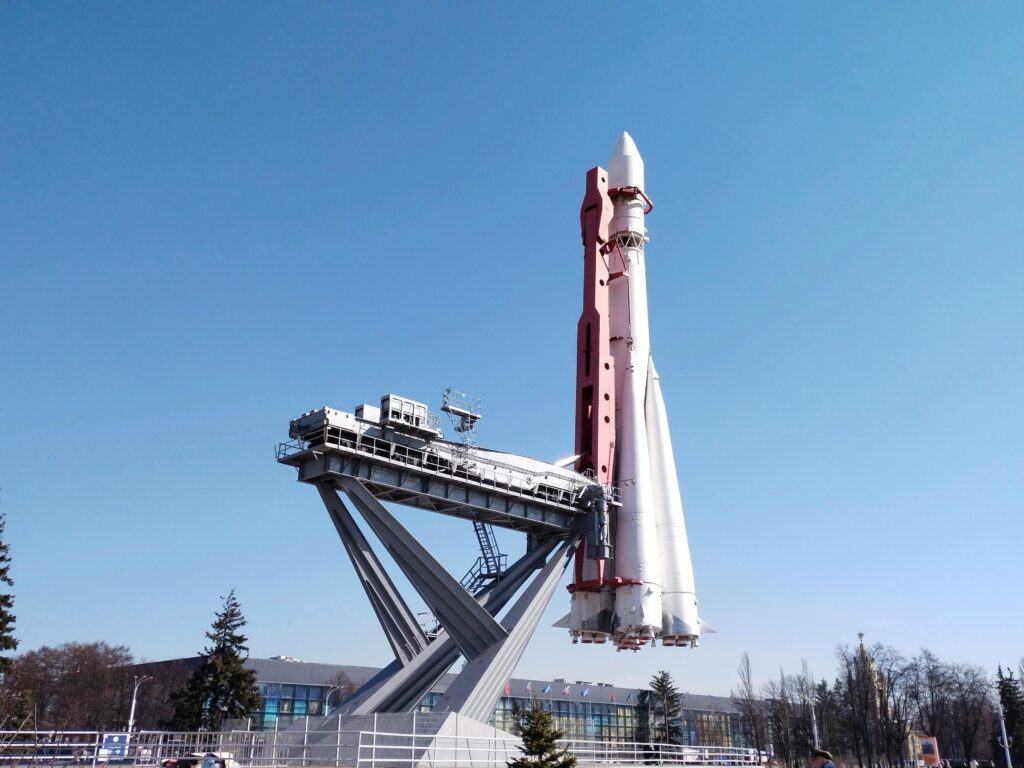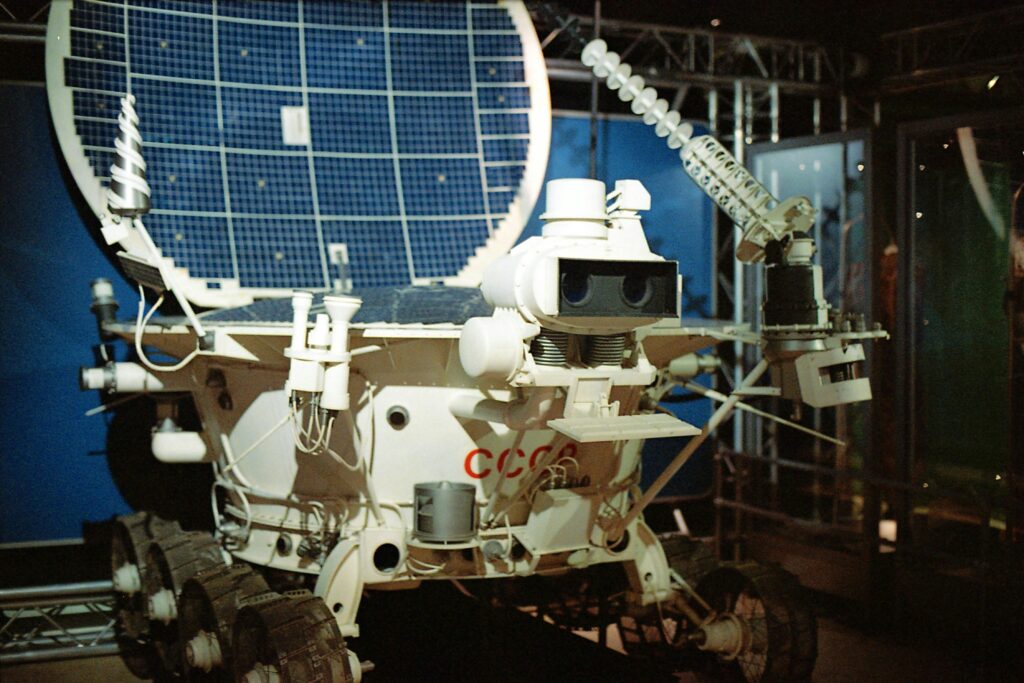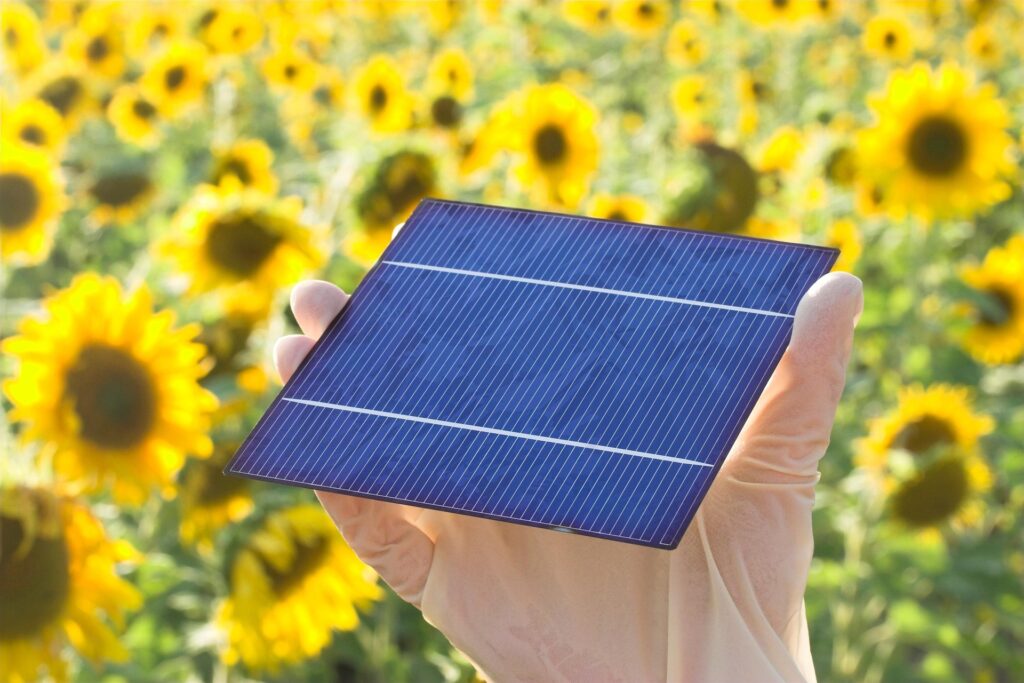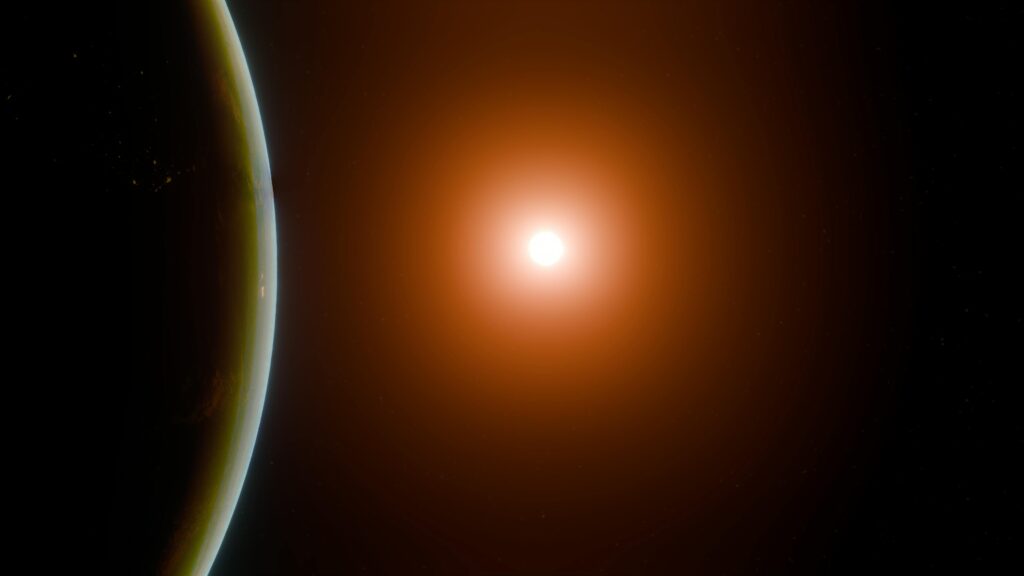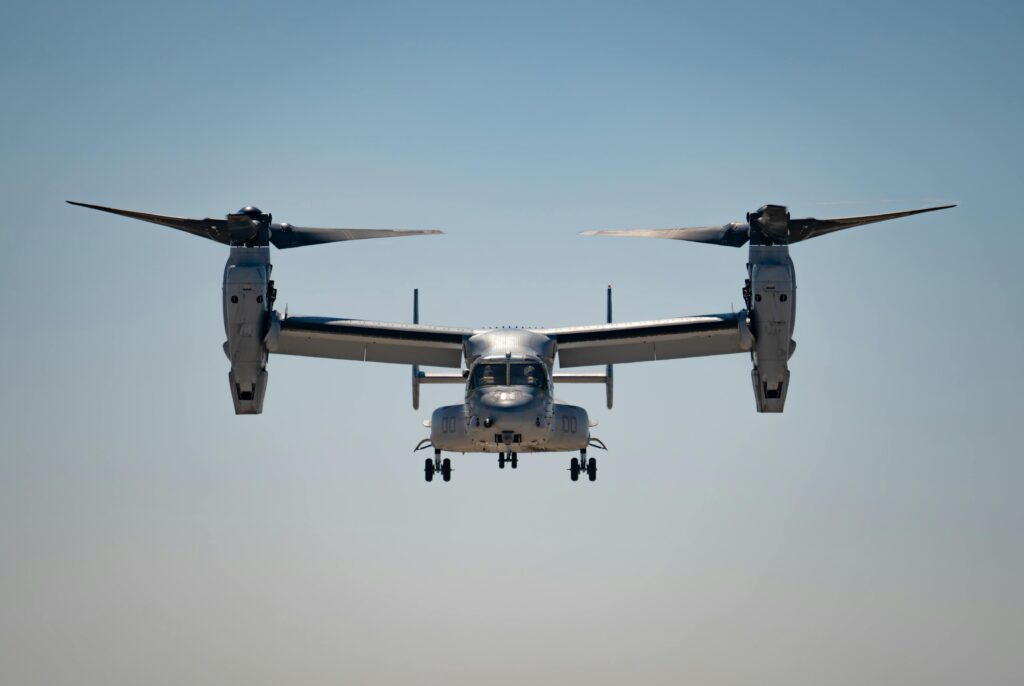A research and development arm of Honda Motor Co., Ltd. has successfully carried out a launch and landing test of a prototype reusable rocket independently developed by the company. The experimental rocket—measuring 6.3 meters in length, 85 centimeters in diameter, and weighing 900 kg dry (1,312 kg wet)—achieved a milestone by completing its first-ever landing after ascending to nearly 300 meters.
This test represented Honda’s first attempt to validate core technologies required for reusable rockets, focusing on flight stability during ascent and descent as well as precision landing capabilities. The rocket reached an altitude of 271.4 meters, stayed airborne for 56.6 seconds, and landed within 37 centimeters of its designated touchdown point—meeting all performance expectations. Critical data on flight behavior was collected throughout the launch and recovery phases.
Safety measures for Honda rocket testing
Since 2024, Honda has been carrying out safe engine combustion and hovering tests for its reusable rocket program in Taiki Town, Hiroo District, Hokkaido, Japan. As with prior trials, this recent launch and landing test was conducted with a strong emphasis on safety, and with the support and cooperation of local authorities and the community.
Specific safety measures taken for this test
A restricted zone with a 1-kilometer radius was established around the test site. Access to this area was controlled using signage, gates, and stationed security personnel to ensure public safety during the test.
The boundaries of the restricted zone were determined based on projected impact zones in case of a thrust failure,and were further expanded by a safety buffer calculated according to Cabinet Office guidelines of the Japanese government. This buffer accounted for potential risks such as blast waves, flying debris, or fireballs resulting from a possible explosion within the rocket’s expected fall area.
Additionally, the experimental rocket was fitted with a safety control system designed to keep it within a defined flight path, speed, and orientation parameters, preventing it from deviating beyond the designated safe zone.
READ ALSO: Defence Secretary oral statement on Russian Maritime Activity and UK Response – 22 January 2025
Honda initiatives in the areas of rocket research
Since its 2021 announcement, Honda has been actively advancing research and development in space technologies, viewing space as a frontier for innovation that can help fulfill the dreams and untapped potential of people around the world, all while leveraging the company’s core engineering strengths. Honda’s broader mission is to help people overcome the limitations of time, location, and physical ability, enhancing everyday life. Key areas of Honda’s space-focused initiatives include the development of circulative renewable energy systems, robotic technologies for space use, and reusable rocket systems.
This venture was driven by the aspirations of young Honda engineers who envisioned creating rockets using Honda’s long-standing expertise in areas like combustion and control systems. The company began exploring rocket development with the belief that launching satellites using its own rockets could support a range of services, some of which may complement other areas of Honda’s business.
As the global demand for data continues to surge, so too does the interest in using space-based systems—particularly satellites—for data transmission and collection. This growing reliance is expected to drive increased demand for satellite launch vehicles in the coming years.
Recognizing this trend, Honda has embraced the challenge of developing reusable rockets, applying the advanced technologies cultivated through its automotive and automated driving innovations. The company sees reusable rocket systems as a key contributor to achieving sustainable transportation solutions for the future.
While Honda’s rocket program remains in the early stages of fundamental research and no decisions have yet been made about commercializing the technology, the company is committed to advancing its efforts. The current technology development goal is to achieve the capability for suborbital rocket launches by 2029.
